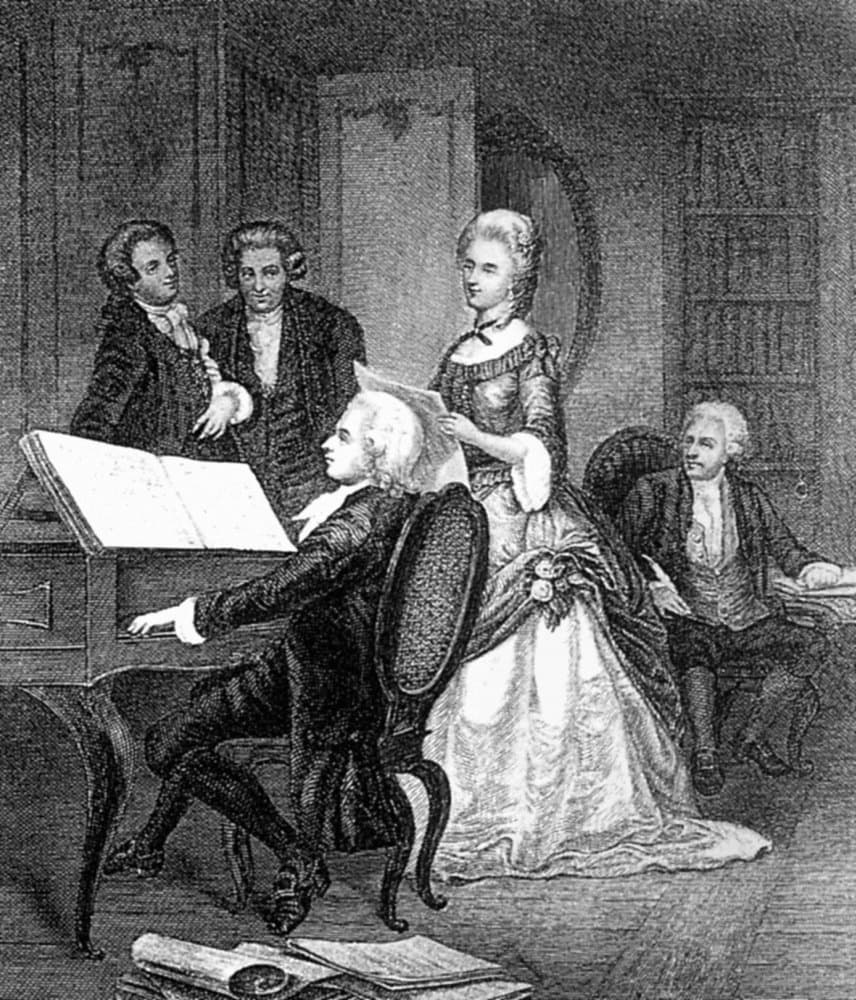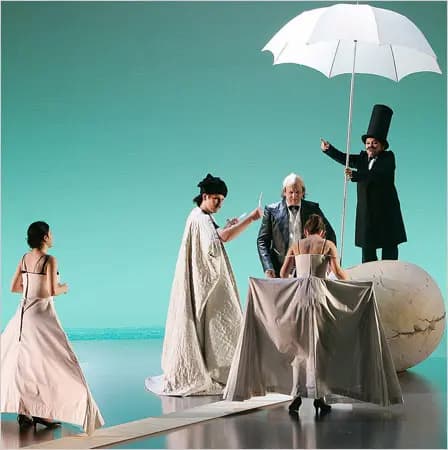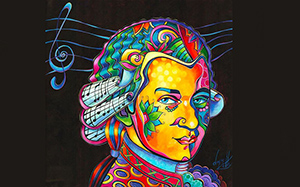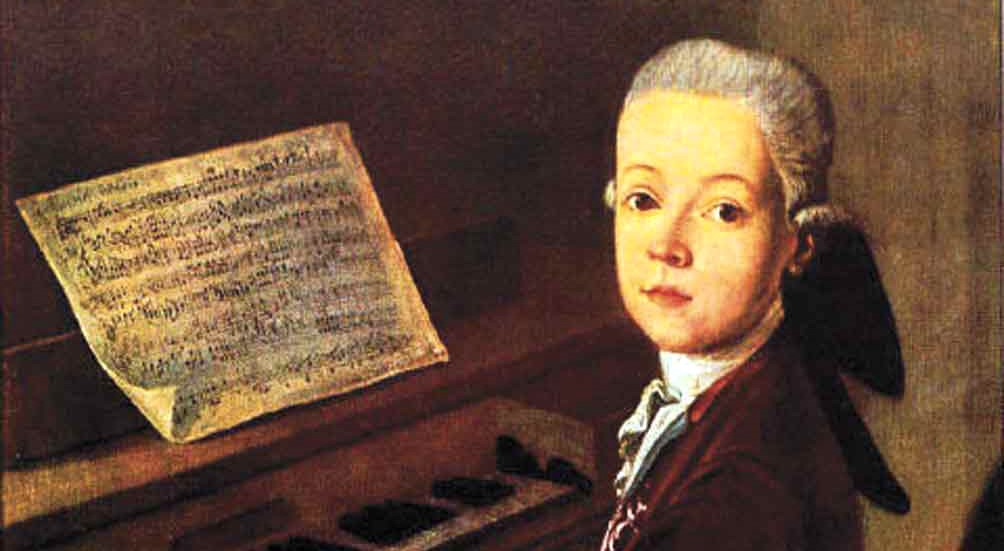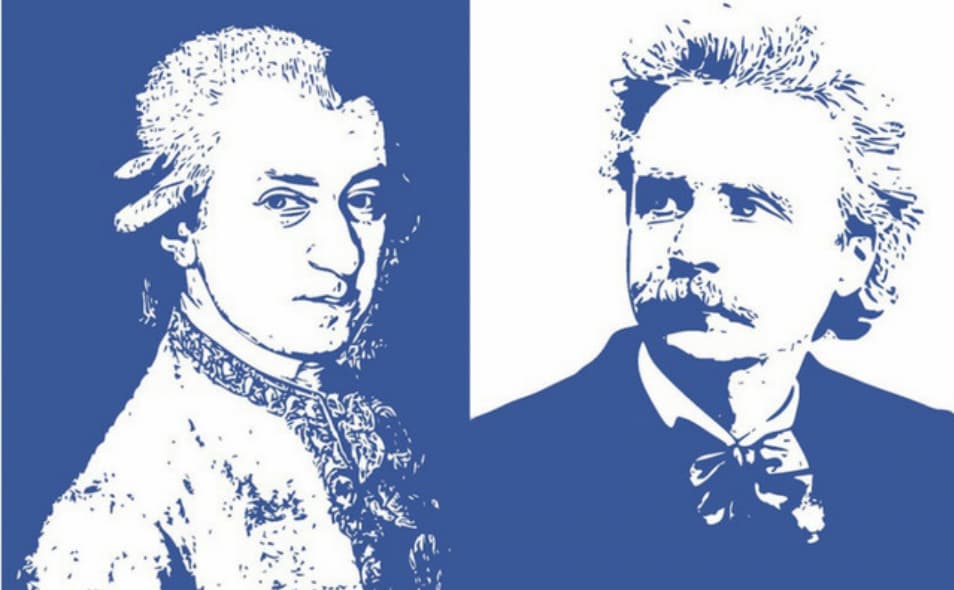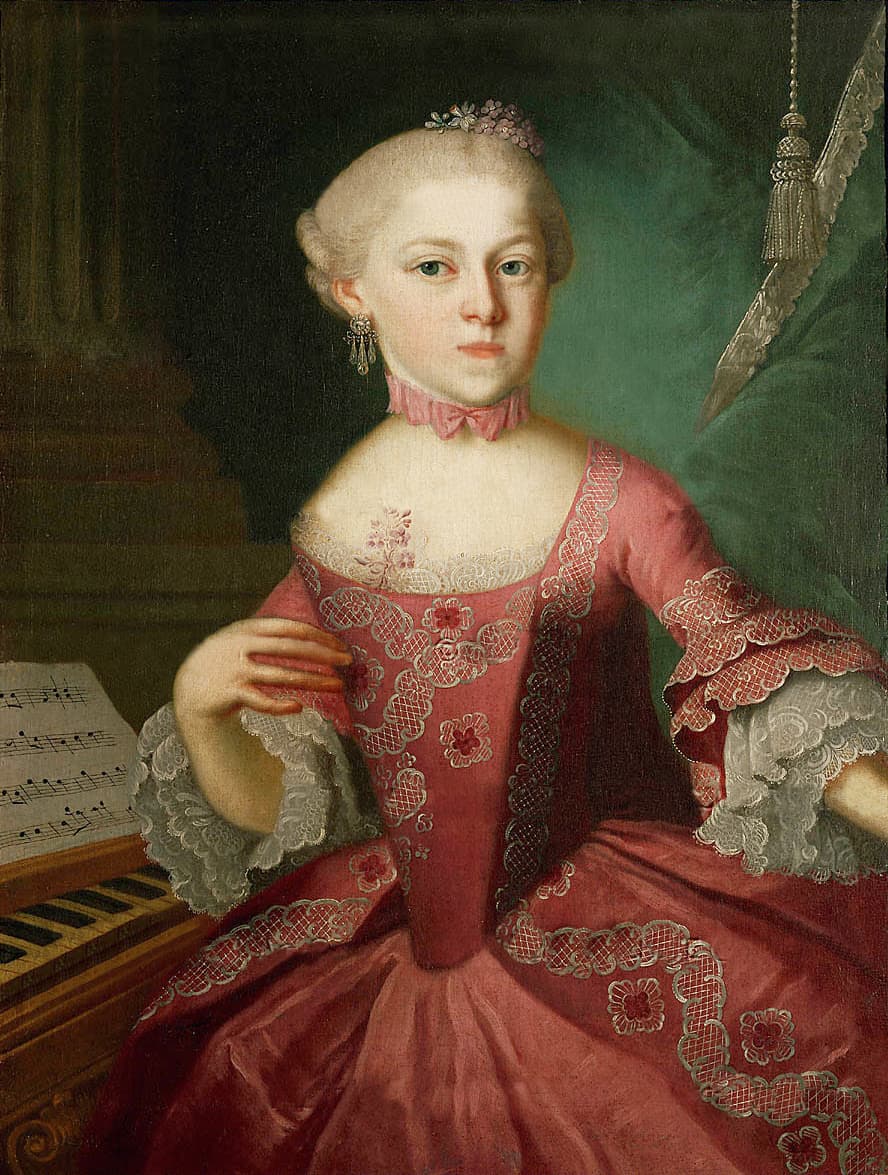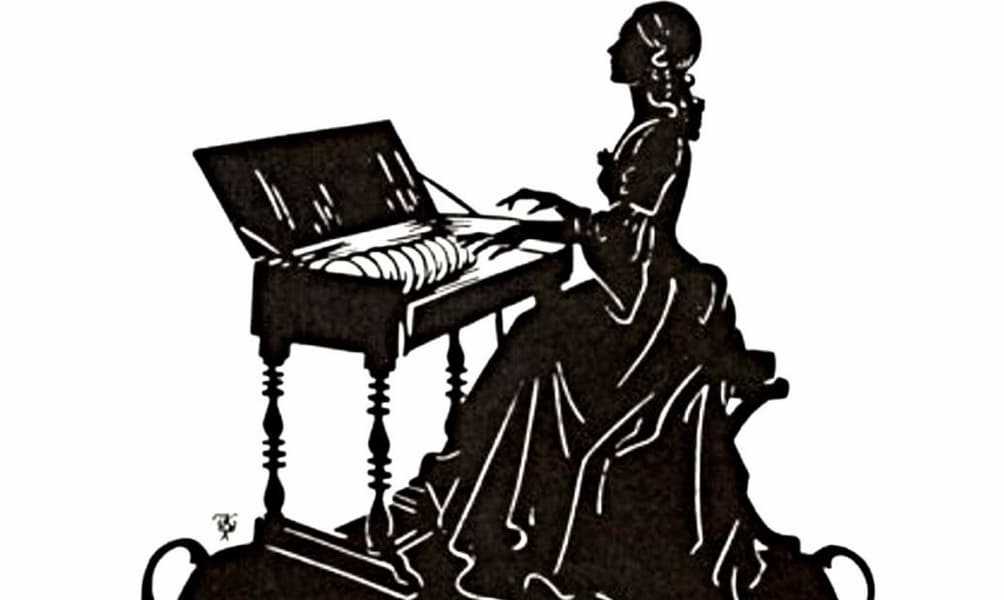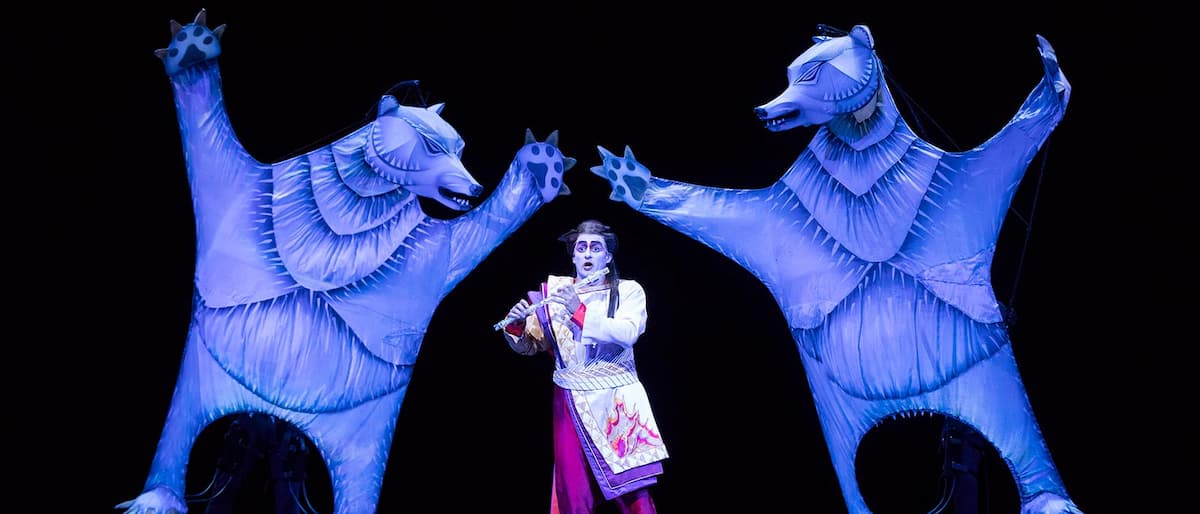Did you know that in the Latin language “Diva” is the word for goddess? We constantly hear it in connection with show business, where it is used to describe a highly temperamental and demanding person. In the world of opera,
Mozart
Something very exciting took place on 27 January 1866, the 110th anniversary of Wolfgang Amadeus Mozart’s birth. The city of Frankfurt witnessed the performance of an unknown Singspiel, which Mozart had abandoned to work on Idomeneo. The unknown work carried
Wolfgang Amadeus Mozart was born in Salzburg in current-day Austria on 27 January 1756. He was one of the most talented prodigies in the history of music, and he grew up to become one of the most beloved and influential
Wolfgang Amadeus Mozart is one of history’s most celebrated composers, and his vast oeuvre spans a wide range of emotions. But when it comes to expressing joy and exuberance, no other composer has Mozart beat. His ability to embody joy
In 1876, after returning from a trip to Bayreuth to see the first complete Ring cycles, Edvard Grieg and his friend John Paulson (1851–1924) travelled up and down Norway. As a treat for the poet Paulson, Grieg took 4 sonatas
Maria Anna Mozart, known to her family as Nannerl, is one of the great what-ifs of music history. She was the sister of Wolfgang Amadeus Mozart, an inspiration and constant companion to him, one of her generation’s great piano prodigies,
A blind woman steps on a Viennese stage and makes her way to a strange new instrument called the glass harmonica. The sounds it makes are whistle-like and otherworldly. (Eventually, rumors would circulate that playing it or even hearing it
The Theater auf der Wieden, located in the then-suburban Wieden district of Vienna existed only for 14 years, between 1787 and 1801. For most of this period, the director of the theater was the German impresario, dramatist, actor, singer, and

